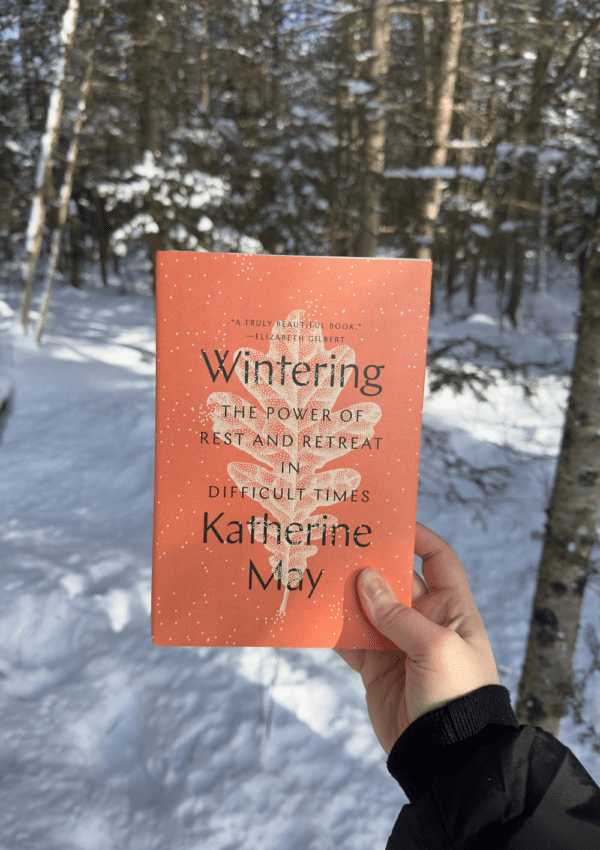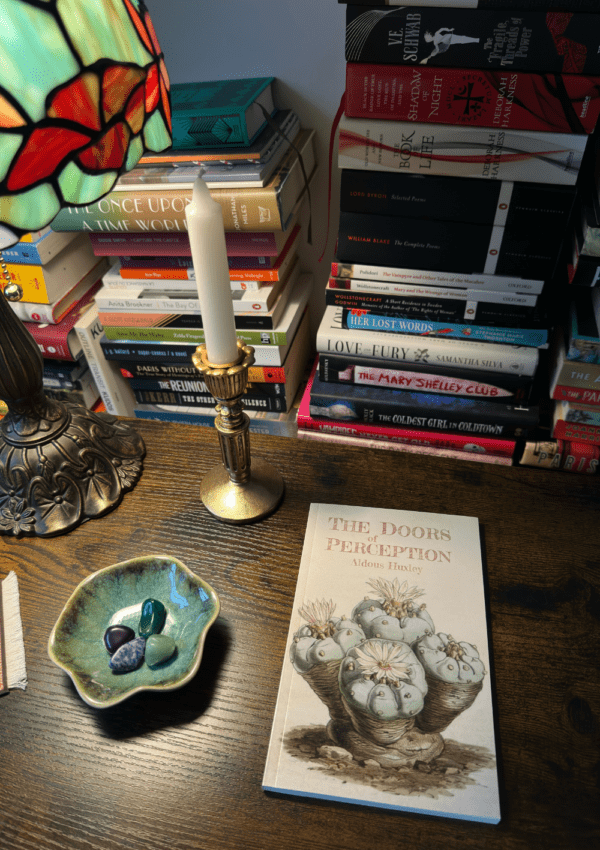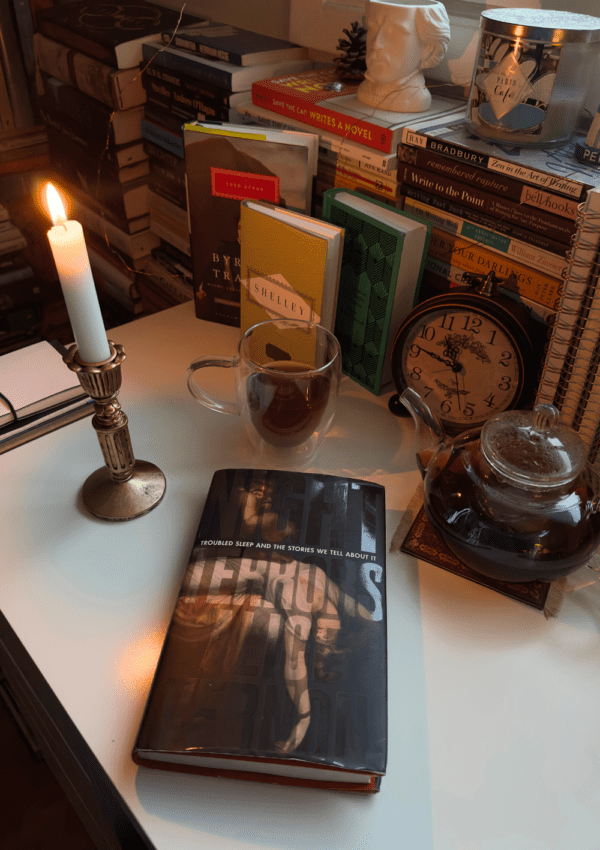This post may contain affiliate links, which means I’ll receive a commission if you purchase through my links, at no extra cost to you. Please read my full disclosure for more information.
“The Year of Magical Thinking” by Joan Didion is perfect for readers that enjoy reading autobiographies. If you love heartfelt and real-life stories about grief, you should definitely pick this book up!

- Date finished: June 10th, 2021
- Pages: 227
- Format: Paperback
- Form: Biography
- Language read in: English
- Series: Standalone
- Genre: Non-fiction | Autobiography | Memoir
Buy “The Year of Magical Thinking” Amazon | Indigo | Book Depository
“The Year of Magical Thinking” is an autobiography by Joan Didion about the year she lost her husband from a stroke. She explores the many facets of her grief from that year.

I was already crying in the first 20 pages of this book! Safe to say, I recommend being in a good state before reading this one.
The way Joan Didion walks herself and the reader to such a personal journey of her grief is truly heartbreaking and yet greatly crafted. She uses a lot of comparison to real life stories of grief as well as articles and studies (bodies of work on the topic of grief itself).
Didion goes through a lot of medical terms and research that she has done. It’s quite revelatory because we always start to do more research on these matters when tragedy struck.
Joan Didion actually reminds me a lot of Annie Ernaux. And I can Didion lovers enjoy Ernaux, and vice-versa.
When the revelation of the title occurs … ‘The Year of Magical Thinking’ was so clever and heartbreaking.
I also want to note that this memoir is more than just about grief. It’s also about love, family, memories, survival, writing, as well as understand one’s self in relation to life, time, memory, love, and art.
This book is also about processing – a kind of healing – and resilience. It’s about understanding and eventually acceptation death and illness. And how death and illness as well as grief has been talked about, observed, and depicted in society past and present.
In short, Joan Didion – even through a meticulous scientific lens in which she reconstructs the year post losing her husband – continuously captures universal human emotion in her memoir.
“A single person is missing for you, and the whole world is empty.”
“Life changes in the instant. The ordinary instant.”
⭐⭐⭐⭐





Leave a Reply